In today's rapidly evolving marketplace, sustainability isn't just a buzzword; it's a necessity for suppliers aiming to thrive. Businesses are increasingly seeking partners who prioritize eco-friendly practices and ethical sourcing, creating a shift towards a more responsible supply chain. By embracing sustainability initiatives, you can not only enhance your brand's reputation but also contribute to a positive impact on the environment and society. So, if you're curious about how to implement these practices effectively, keep reading to discover valuable insights and tips!

Clear sustainability goals and objectives.
Sustainability initiatives in supply chains focus on clear goals and objectives that promote environmental responsibility, resource efficiency, and social equity. Companies like Unilever have established quantifiable targets for reducing greenhouse gas emissions by 50% by 2030 across their supply chain, emphasizing energy-efficient practices and renewable energy sources. Metrics such as water usage reduction, waste generation minimization, and sourcing of sustainable materials are critical for tracking progress. Effective collaboration with suppliers, demonstrated through programs like Walmart's Project Gigaton, encourages innovation and transparency in sustainability practices. Furthermore, adherence to frameworks such as the Global Reporting Initiative (GRI) offers guidelines for companies to disclose their sustainability efforts, ensuring accountability and continuous improvement.
Incentives for sustainable practices.
This document outlines various incentive programs designed to encourage suppliers to adopt sustainable practices within their operations. Incentives may include financial benefits such as grants or loans specifically aimed at implementing eco-friendly technologies, expanding renewable energy sources like solar panels, or enhancing waste management systems. Recognition programs may reward suppliers demonstrating exceptional commitment to sustainability, promoting brand loyalty and enhancing marketability. Additionally, partnerships with organizations such as the Carbon Disclosure Project can offer resources and tools for tracking and improving carbon footprints. Training programs may be provided to educate suppliers about best practices in sustainability, ensuring a competitive edge in increasingly eco-conscious markets.
Detailed compliance and reporting requirements.
Supplier sustainability initiatives emphasize the importance of adhering to environmental and social governance standards. Key compliance requirements include adhering to international frameworks such as the Global Reporting Initiative (GRI) and the United Nations Sustainable Development Goals (SDGs). Detailed reporting should encompass metrics on carbon emissions (ideally below 1.5degC increase), waste management practices, water usage, and labor rights adherence. Regular audits must be conducted (minimum once a year) to verify compliance, focusing on supply chain transparency and ethical sourcing. Suppliers should maintain documentation outlining their sustainability practices and improvements, with annual reports submitted by March 31st of each year to facilitate monitoring progress and ensuring alignment with overall corporate sustainability objectives.
Collaboration and partnership opportunities.
Sustainability initiatives in supply chains encourage collaboration among partners, fostering a shared commitment to environmentally friendly practices. Companies like Unilever and Walmart have implemented programs aimed at reducing waste and carbon footprints, promoting sustainable sourcing. Collaborative opportunities include joint ventures for renewable energy projects or sustainable packaging innovations, emphasizing resource sharing and cost reduction. Engaging in partnerships can also enhance transparency throughout the supply chain, utilizing technology such as blockchain for traceability in sourcing ethical materials. This collective approach not only benefits the environment but also strengthens brand reputation and customer loyalty.
Impact measurement and evaluation methods.
Sustainable supply chain practices play a crucial role in minimizing environmental impact, enhancing social responsibility, and improving economic performance for organizations. Numerous impact measurement metrics, such as carbon footprint analysis, water usage assessments, and waste reduction percentages, provide measurable insights into the effectiveness of sustainability initiatives. Various evaluation methods, including life cycle assessment (LCA) and social return on investment (SROI), help in understanding the long-term effects of sustainable practices on communities and ecosystems. Tools like the Global Reporting Initiative (GRI) framework offer guidelines for transparent reporting on sustainability performance. Implementing these methods enables suppliers to identify areas for improvement and aligns their operations with international sustainability standards, such as the United Nations Sustainable Development Goals (SDGs).

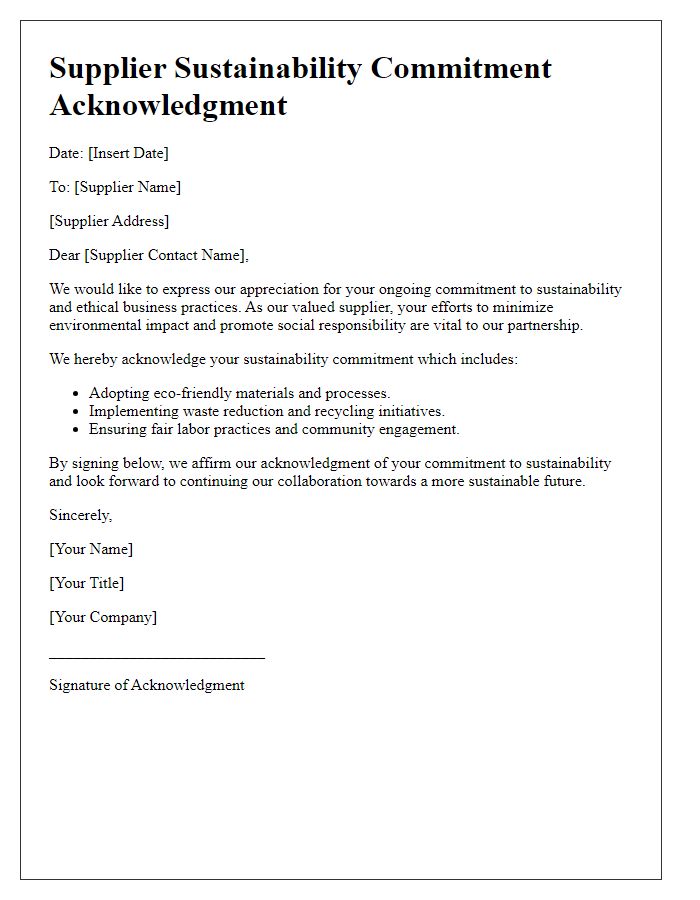
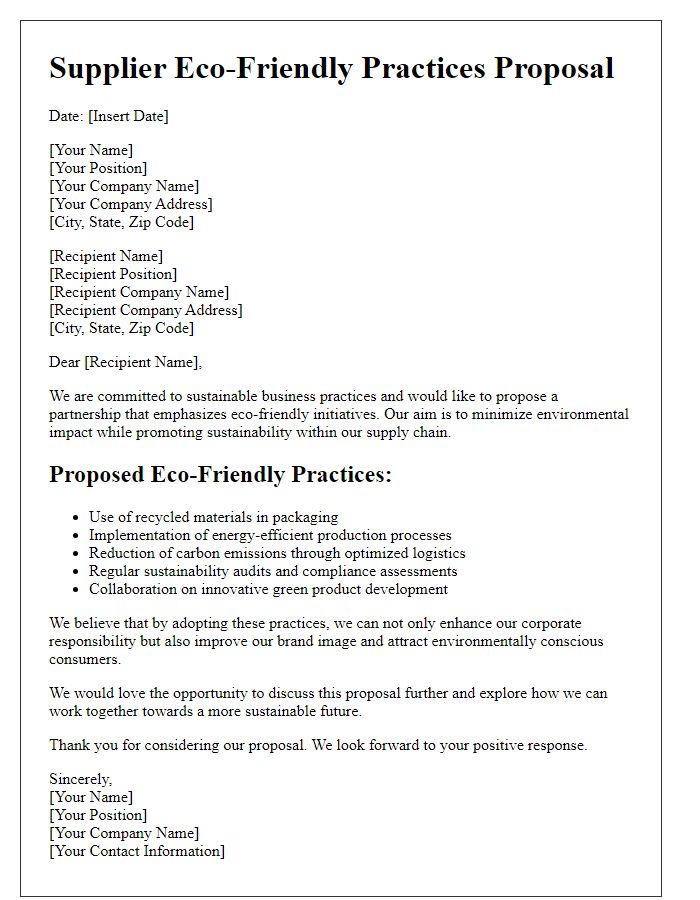
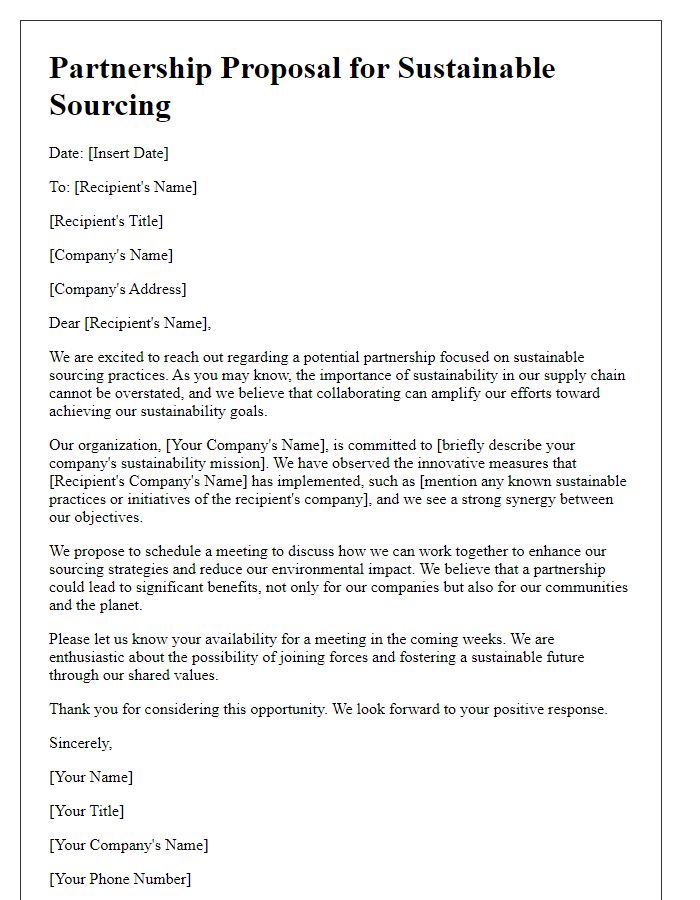
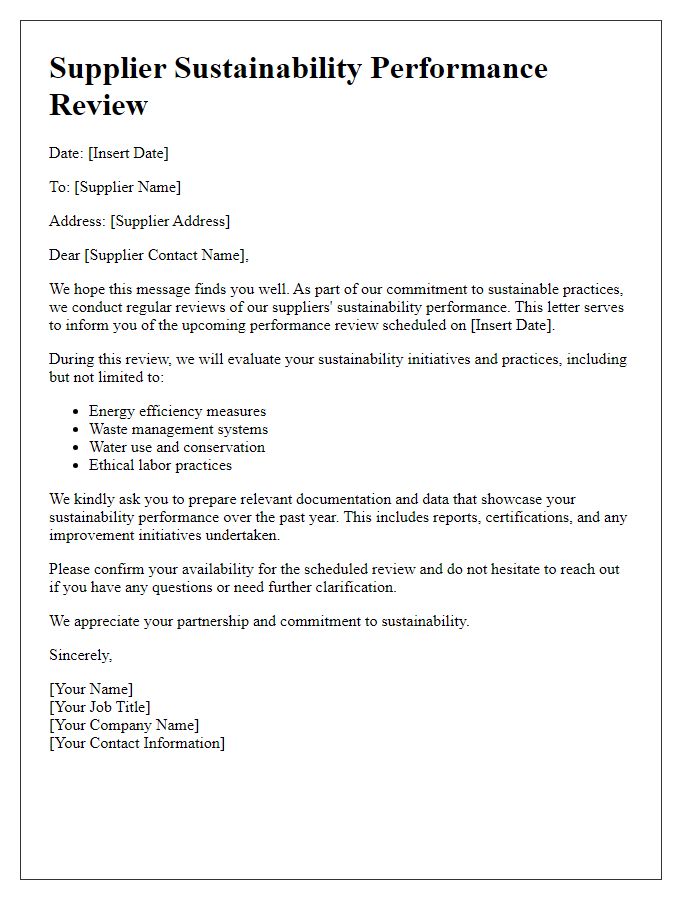
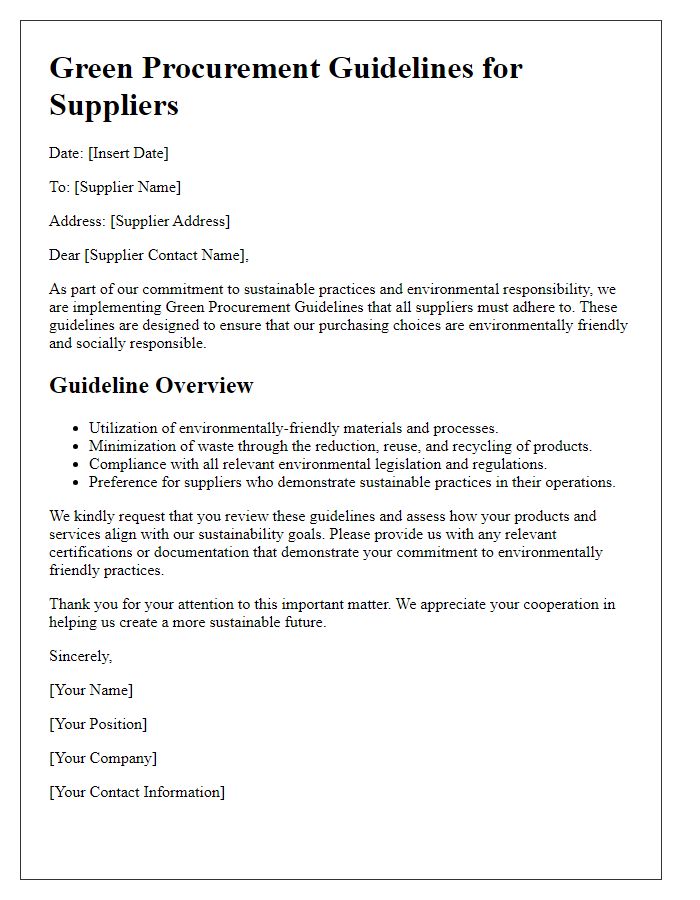
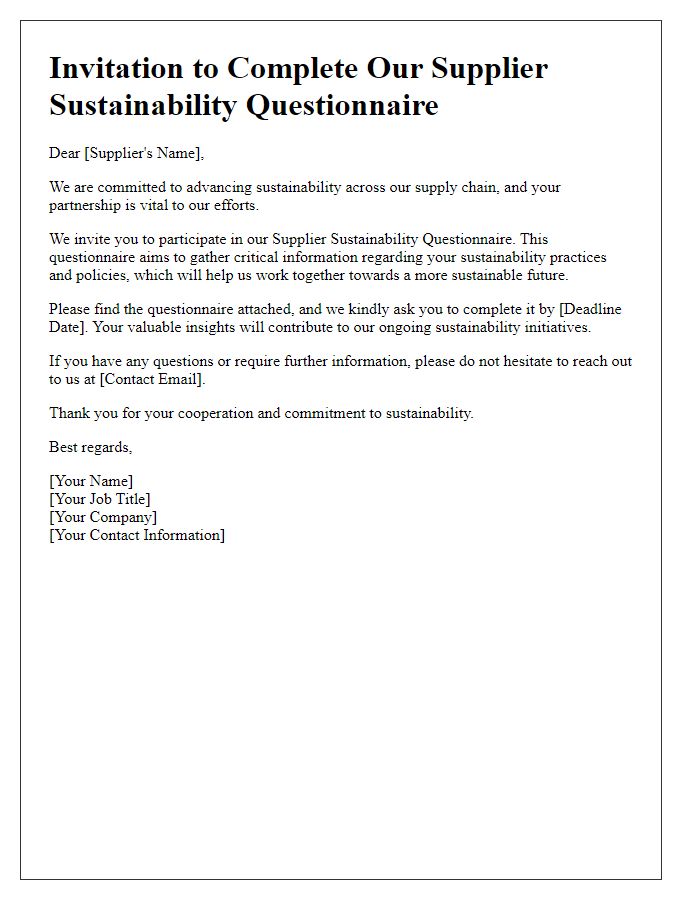

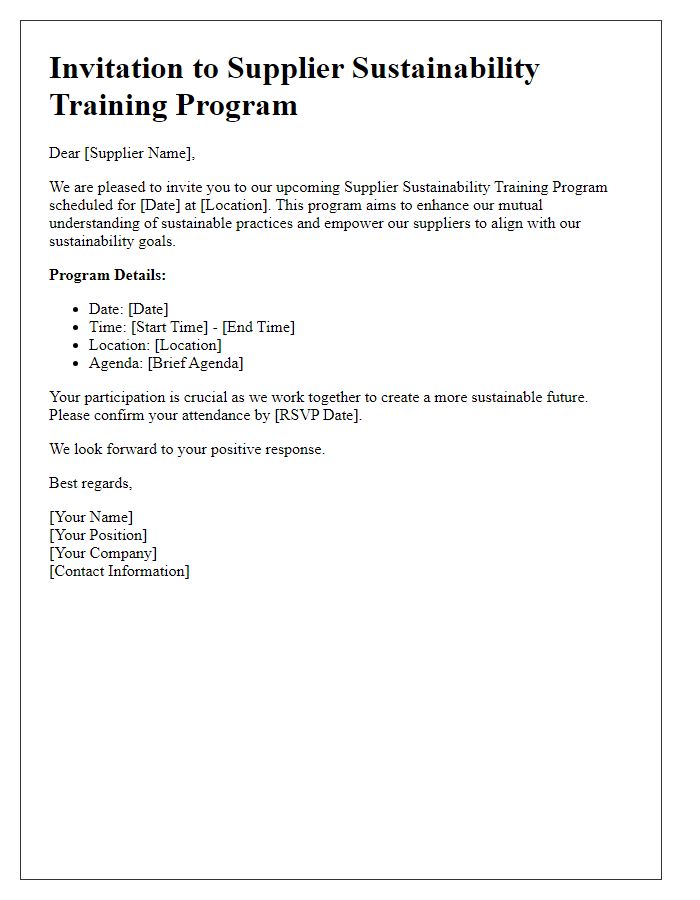
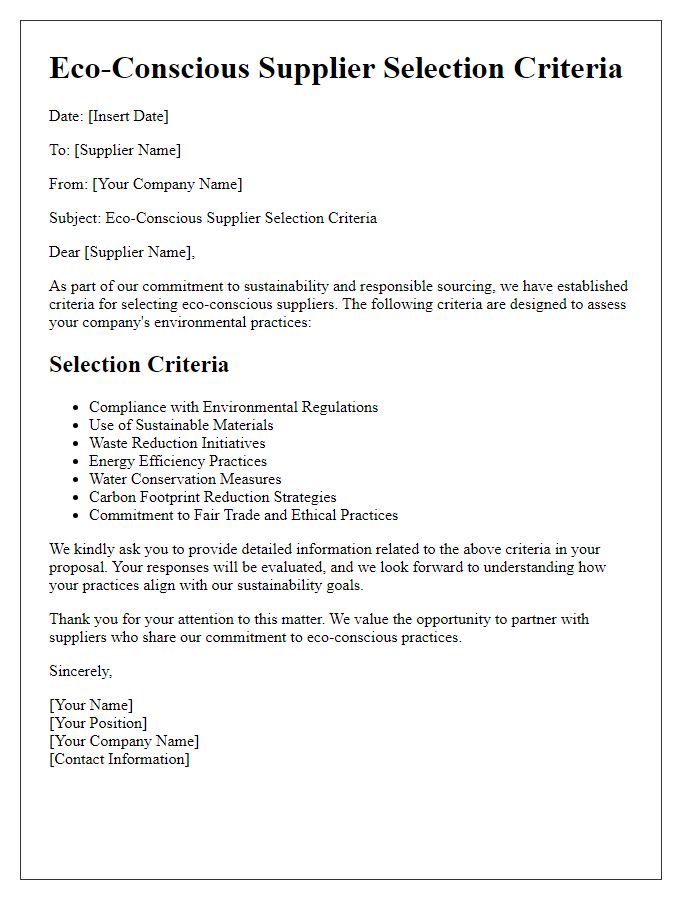
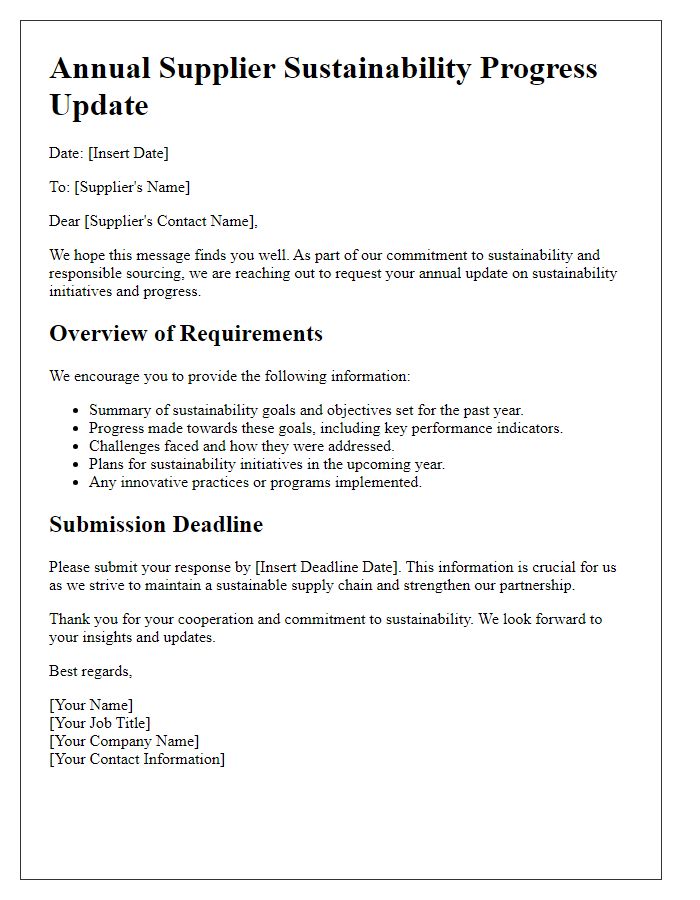


Comments